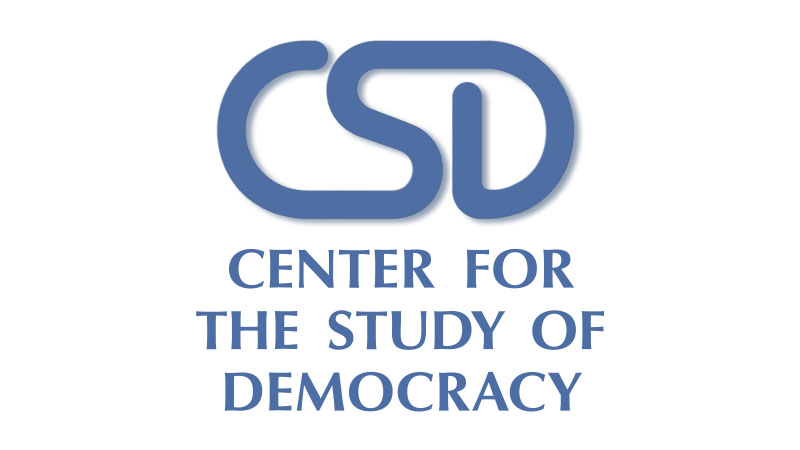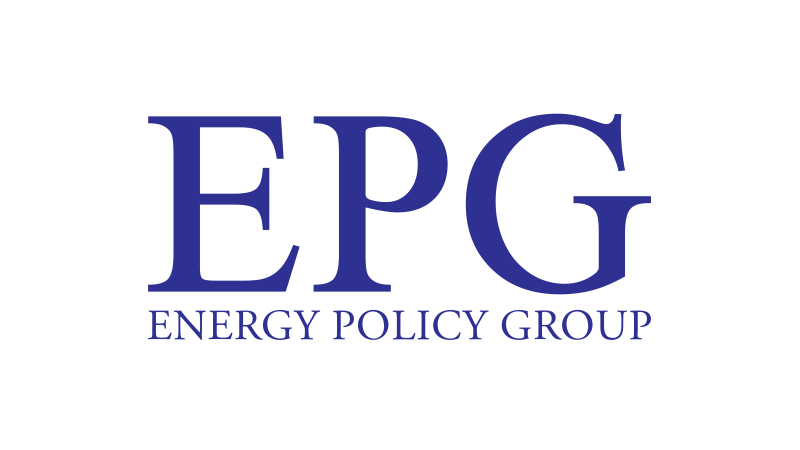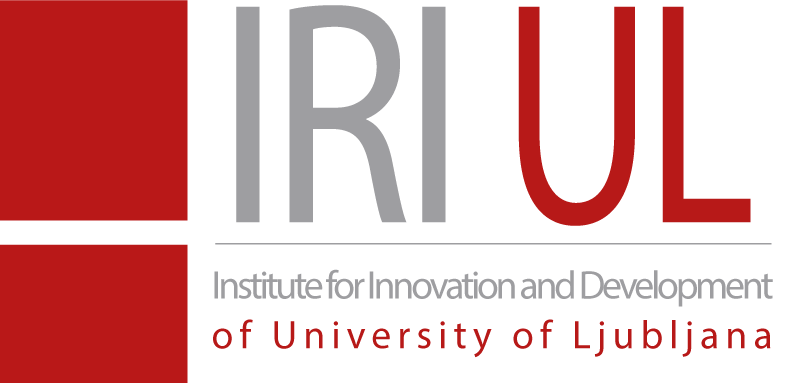National Pathways
National Gas Exit Pathways
The national gas exit pathways were developed by Agora Energiewende, Artelys, Wuppertal Institute and TEP Energy in collaboration with the national think tank and research partners in each of the focus countries. The national partners helped to review and stress-test the modelling of the research consortium, and develop robust gas phase-out narratives for each country.
National partners
The project was carried out in cooperation with national think tank and research partners in nine Central and Southeast European countries particularly dependent on the import of Russian fossil gas, to help inform the EU-27 pathway, as well as develop national fossil gas phase-out pathways and sector deep dives for industry and buildings.
Contact
National partners
Bulgaria: Center for the Study of Democracy (CSD)
Kostantsa Rangelova
Martin Vladimirov
Radostina Primova
Croatia: University of Zagreb – Faculty of Mechanical Engineering and Naval Architecture
Hrvoje Dorotić
Czechia: Nano Green
Prokop Čech
Frédéric Wertz
Greece: FACETS S.A.
Dimitri Lalas
Hungary: Regional Centre for Energy Policy Research (REKK)
Kotek Péter
Borbala Toth
Italy: ECCO Climate
Giulia Novati
Francesca Andreolli
Poland: Forum Energii
Aleksandra Gawlikowska-Fyk
Piotr Kleinschmidt
Andrzej Rubczynski
Romania: Energy Policy Group (EPG)
Radu Dudau
Mihnea Catuti
Slovenia: University of Ljubljana – Institute for Innovation and development (IRI UL)
Andrej Gubina
Edin Lakić
Jure Vetršek





